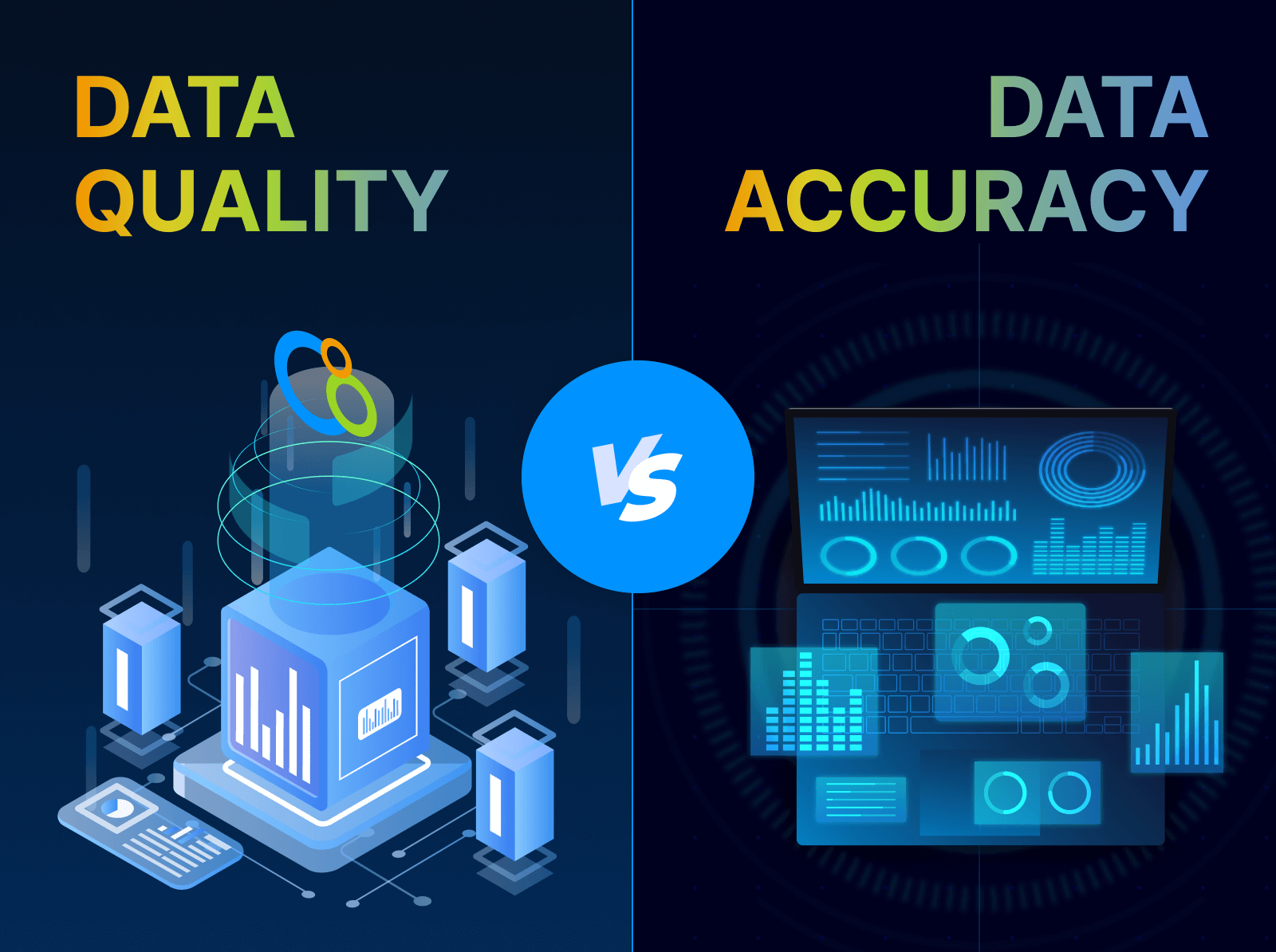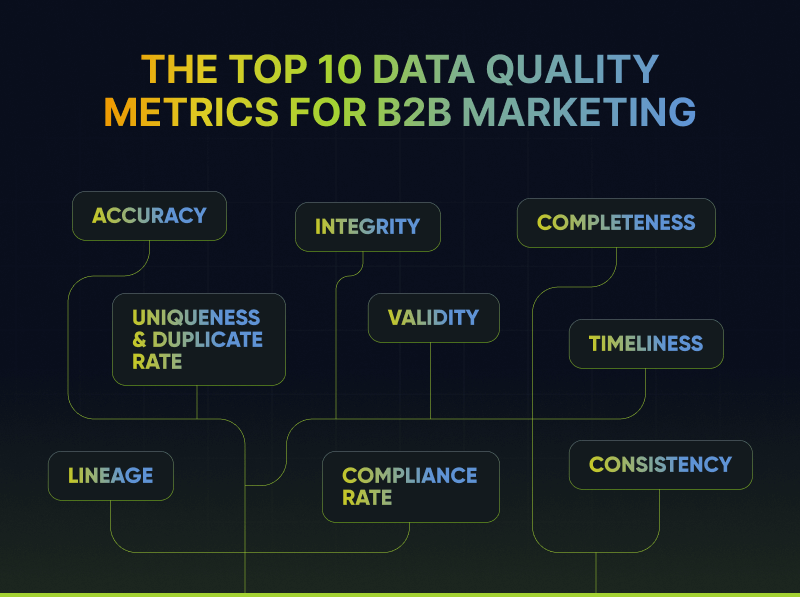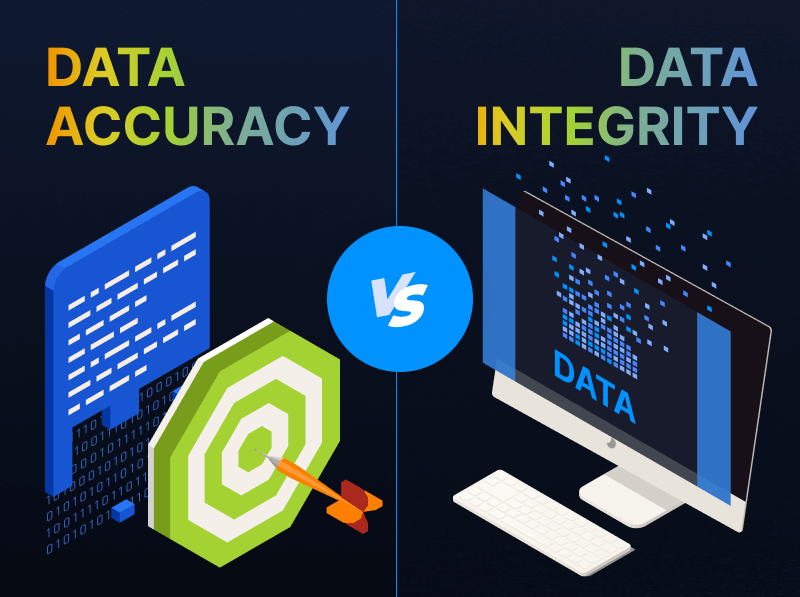You Can’t Afford to Lose ROI Running Events Without Marketing Operations
B2B marketing teams face unprecedented challenges today. Buyers are out there, researching on their own, and charting their own paths to purchase. The global economy is struggling. And the need to deliver results and ROI on marketing spend has never been higher.
To make matters worse, many marketing teams continue to try to execute events independently of other marketing programs, tactics, and data streams. As a result, they’re missing out on the opportunity to deliver strategic value.
By shifting to a collaborative approach with marketing operations, event marketing teams can maximize ROI by:
- Aligning team members around the most important accounts and leads
- Adding precision to pre- and post-event follow-up
- Perfecting event lead data management and routing
- Tracking the impact of all event tactics and ROI metrics in order to defend the spend
Why silos are bad for events
When organizations wall-off event management, mistakes happen, targets are missed, and opportunities to close or influence future purchases are squandered. You also end up creating experiences that leave a bad impression on the buyers you’re trying so hard to reach. For example:
- Attendance is low due to a poor pre-event email effort
- Two or three salespeople follow-up with the same buyer
- The messaging in post-event emails doesn’t match the session your buyers attended
When you partner with marketing operations for events, you can see the impact to and improve ROI right away.
How Can Marketing Operations Help Maximize ROI
The marketing operations team can increase ROI when they apply intent data to your target account list (TAL), allowing you and your team to cross-reference the registration list with that TAL. This enables you to prioritize in-market accounts and personalize your pre-event engagement and outreach efforts.
Your marketing operations team also can:
- Drive people to your booth with targeted pre-event emails
- Design a process for routing leads after the event is over, so you can nurture potential buyers via follow-up emails.
- Help you segment the accounts you talked to at the event, so you can implement cross-channel activation and other Precision Demand Marketing (PDM) strategies.
Optimize Your Marketing Operations Strategy, You Can’t Afford Bad Data
Events generate data. But it’s not always the best data. And often, the leads go nowhere once the event ends; they simply sit inside the event lead management software or the lead scanner.
Your marketing ops team can maximize your ROI in lead scanners or event lead management software by developing the critical processes for lead routing, field mapping, data validation, and governance.
To get your data right and to use it effectively, rely on marketing ops to:
- Apply technology that increases event lead data quality, manages governance, and performs list uploads
- Set up data enrichment for any incomplete ICP leads
- Perform data governance to prevent non-ICP leads from entering your systems
- Prevent duplication of contacts
- Prevent data from being overwritten
- Set up lead routing for follow-up
Defend Your Event Marketing Spend
Marketing ops can track all the activity at an event, including booth visits, parties, VIP dinners, and sales meetings. And once they do, they can create the marketing ROI metrics report you need to show:
- Revenue sourced/influenced
- Opportunities sourced/influenced
- New accounts engaged
- Leads from ICP accounts
Leverage Marketing Operations Right from the Start
To ensure lead flow and data management in today’s business environment, you can’t afford not to include your marketing operations team in every facet of event planning, execution, and follow-up. From sending emails and ensuring registration is working to monitoring the status of attendees and dozens of other tasks, they’re the partners you can rely on to get the most out of every event.
Get our eBook, “8 Ways Marketing Operations Can Maximize Event ROI.”









